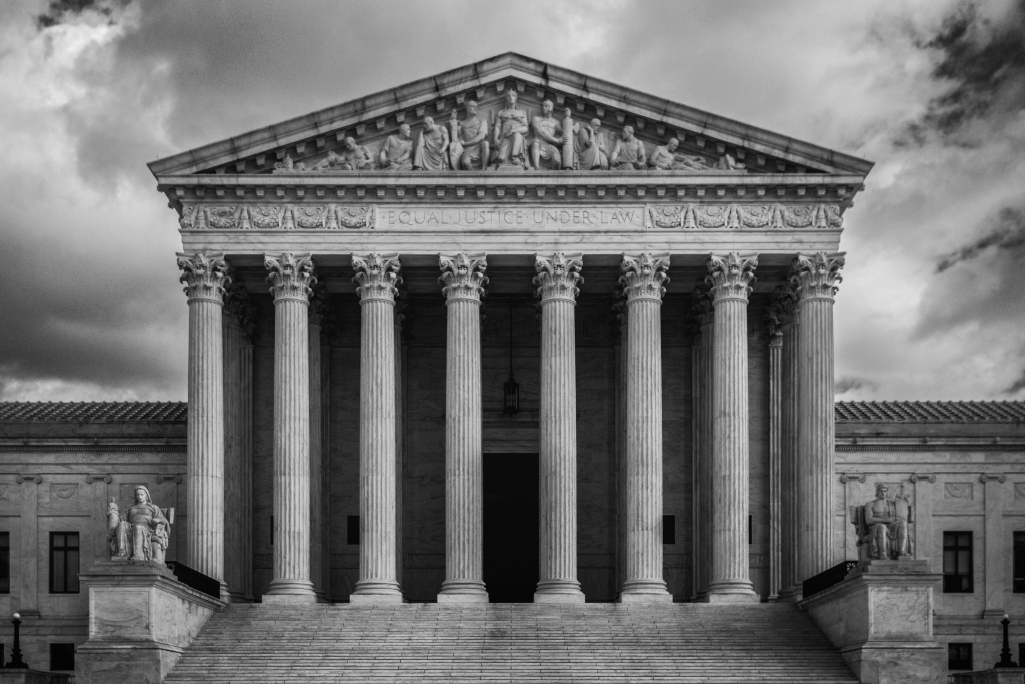When I lived in Central Asia, it was very interesting to see how many of the young Muslims viewed their religion. They said that, at their age, they could enjoy life and wait until an older age to get serious about religion.
Their thinking was that God is more interested in the afterlife, and that only becomes an issue when you are close to the afterlife, which is where old people find themselves. Once you are of a grandparent-type age, they thought, you then need to prepare for the afterlife by doing religious activities. This is a very convenient way of seeing religion where God is able to fit into our way of thinking rather than us needing to fit into His way of thinking.
|
Dean Sieberhagen |
Is this religious worldview unique to the young people of Central Asia and to Islam, or is it also present in many of the young people of the U.S. who call themselves Christians?
At the heart of this worldview is the idea that this earthly life belongs to me, and I get to decide how I live it. As long as I believe in Jesus and have my ticket to heaven, I can check the religion box and then live life as I see it. “Sure, God is around and interested in me,” this line of thinking goes, “but the way this looks is that He is there to bless me and make my life successful. In this life, I am not there for God, but God is there for me.”
It is interesting that in Matthew 6:9-13, as Jesus is teaching His disciples to pray, He does tell them to ask the Father for their daily provisions (bread). The context of this, however, is that He has just told them to pray, “Your kingdom come. Your will be done, on earth as it is in heaven.”
Jesus is teaching that we pray and ask the Father to provide for us, even bless us, for the clear purpose of building His Kingdom according to His will. There is no way to interpret this prayer to mean that we ask Him for blessings so that we can build our kingdom our way in this life and then jump over to His Kingdom in the afterlife.
In American Christianity, we run the risk of lowering the bar for our young people, and whether intentionally or not, we end up offering a therapeutic Christianity that is careful not to offend or challenge them too much. We hope that as they get older they will mature into the right type of Christians, and so we reinforce the idea that “religion is for old people.”
But our young people can change the world now! I try to consistently extend this challenge to my four sons: “You can change the world or the world can change you – which will it be?”
If the answer is that young Christian people can change the world, then the Bible comes alive with meaning. Here are just two examples:
“And He was saying to them all, ‘If anyone wishes to come after Me, he must deny himself, and take up his cross daily and follow Me’” (Luke 9:23). This verse has no meaning for young Christians who have developed a worldview that God is there for them. But for young Christians who understand that they are there for God and His Kingdom, this verse is full of meaning and becomes a measuring rod for living out their faith.
“For to me, to live is Christ and to die is gain” (Philippians 1:21). For young people who live for themselves, this verse makes no sense and needs to be rephrased as follows: “For to me, to live is me and to die is religion.” But for young Christians who embrace God’s priority in their lives, this verse becomes a life focus. Jesus becomes the measure of success. Each day without a focus on Jesus is a day wasted.
Let’s raise the bar for our young people and live out a daily commitment to Jesus and His Kingdom.
(EDITOR’S NOTE – Dean Sieberhagen is assistant professor of missions and Islamic studies in Southwestern Baptist Theological Seminary’s Roy Fish School of Evangelism and Missions. This column first appeared at the seminary’s Theological Matters website, theologicalmatters.com. Used with permission.)



